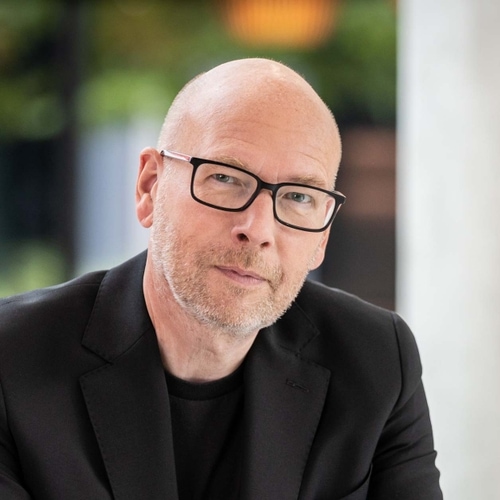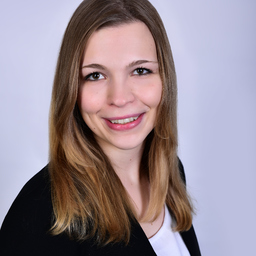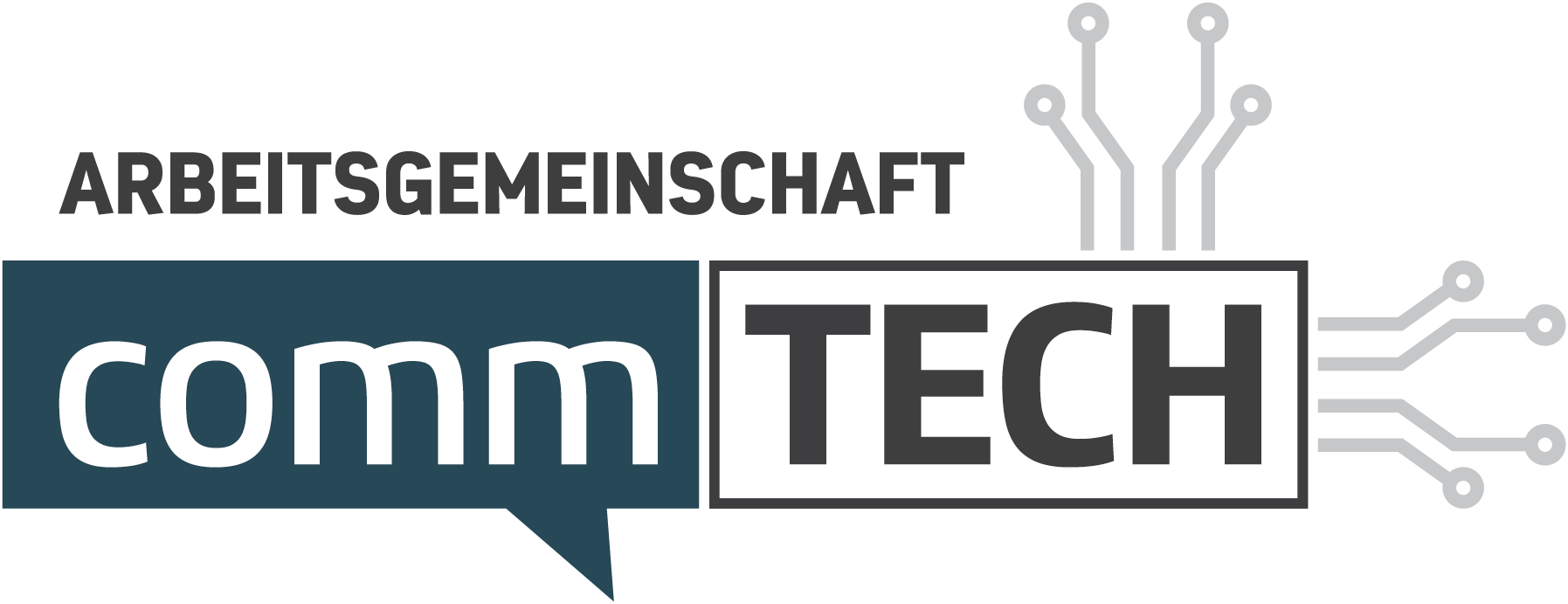- 1. February 2023
- Posted by: Thomas Mickeleit
- Category: BEST PRACTICES

Interview with Nikola Gardeweg and Maren Lübbecke: The newsroom is our digitization engine
Nikola Gardeweg has been with Swiss Life for three and a half years and has been co-head of the Swiss Life newsroom since November 2022. Furthermore, in addition to the newsroom, she takes care of all communication topics concerning culture, HR and change projects and the CEO’s social media communication. Maren Lübbecke has been with Swiss Life for four and a half years. She has been co-chief of staff since last April. In addition to the CvD role, she has technical leadership in the social media team, which is also part of the core newsroom team.

Thomas Mickeleit: Thank you very much for agreeing to talk to us about your role as heads of the Swiss Life newsrooms. Newsrooms are typically designed from communications. You have now taken a completely different path at Swiss Life. Your newsroom is jointly operated and managed in partnership from marketing and communications. And you both represent as CvDs your functions “communication “resp. “Marketing. What we’re interested in here now is How did you actually get there? What was the guiding thought behind this? And also What advantages do you see in such a construct?

Nikola Gardeweg: We first considered introducing a newsroom at our company in 2015. To do this, you have to know that our Marketing and Communications department, with six different departments, forms a complex structure that had to be integrated into the newsroom. The message was important to us: We will find a joint way to better dovetail communication processes and benefit from the respective expertise of the disciplines as a whole. Integrated topic planning was needed to prevent projects from being unknowingly worked on in parallel or different communication messages being played out to the same target group. The challenge was even greater, because our insurance company in Munich and the financial consulting company in Hanover are two different parts of the company, both in terms of location and business model. This was a process that led over the years from being next to each other to being with and for each other.

Thomas Mickeleit: Maren, the very term newsroom is an irritant for some marketers. But not for you?

Maren Lübbecke: I realize that the term still generates question marks. So especially when you’re dealing with colleagues outside of marketing and communications. The newsroom needs explanation, but I am not biased toward the term, which has its history. This also applies to the term “CvD”, which many people have no idea what it means. But it gives us the chance to explain the editorial processes and then the concept is always very well received.

Thomas Mickeleit: How does your dual leadership function now in day-to-day practical work?

Maren Lübbecke: We think of things in an overarching and interlinked way, but for practical reasons we have divided up the operational decisions well, on the one hand according to the business units “Insurance” and “Financial Consulting” and on the other hand according to the disciplines “Marketing” and “Communications”. This way we don’t lose any speed, but we are still informed about everything that is happening. Where necessary, we make decisions jointly; this applies above all to strategic decisions.

Nikola Gardeweg: That works very well. We both tick very similarly and know when to pick up the other in which way. This can be a short chat or picking up the phone.

Thomas Mickeleit: Marketing and communications work in other planning horizons, with other goals, with other mechanics. What are success factors for such a construct to work now from these points of view?

Nikola Gardeweg: Yes, the goals are different. But therein lies the advantage. I find it extremely valuable to learn from a communications perspective how marketing campaigns are set up, that we can learn something and also learn a lot. And I think it’s the same the other way around. Thinking about the other side and integrating it into your own planning, or working together in interdisciplinary teams on larger campaigns, makes all the difference. This is clearly a success factor.

Maren Lübbecke: Honestly, we are on a journey there. We’re never done, and we can’t say the newsroom is done now. We are constantly learning from everyday collaboration and evolving – as the world around us evolves. We have to take each other along and that is what is happening. I think of what results when a badass performance marketing colleague agrees on campaign goals with someone from corporate communications. These are super exciting discussions that we experience as very, very positive.

Thomas Mickeleit: How important is alignment with corporate goals for your work, and how do you put that into practice?

Maren Lübbecke: We have concrete business objectives and derive our communication goals from them. Our speciality is that of two business models and six brands, which we control via the newsroom. These include the insurance company in Germany, the four financial sales organizations and our SwissLife Foundation. This construct alone requires a newsroom in order to maintain an overview, to work strategically and thus also efficiently. The basis for this is our overarching strategy and the strategy broken down to the individual brands, which determines our actions. Strategy instead of gut feeling – this gives us the license to say “no” sometimes.

Nikola Gardeweg: The last point, saying “no,” should not be underestimated. The many brands, with different business models, players and stakeholders have insatiable communication needs. Prioritizing and keeping the focus and therefore not doing everything that is wanted is totally important.

Thomas Mickeleit: What helps you in your day-to-day work to stay on course?

Nikola Gardeweg: Very clear: Meetings and routines. We hold our morning session every day and organize daily “deep dives” where we go into the topics as a small team. These formats help structure goals, topics and channels. And, of course, keeping track of everything. Once a quarter, we have an editorial conference to review campaigns that have run and plan for upcoming issues. A planning tool helps us to create transparency. It’s also important to note that as a company, we are in the midst of a transformation to more agile ways of working. This also affects us, e.g. we have to think in shorter cycles because that is what the organization expects of us and it is the only way to be successful given the fast-paced world. We succeed in staying on course in our role as CvDs by continuously exchanging ideas and talking openly with each other, even about what may not have gone so well. We learn from the feedback and become better. And: The things that go really well must be celebrated….

Thomas Mickeleit: Keyword “agile organization” Is that your organizational goal?

Maren Lübbecke: We do not have a specific model in mind. We give a lot of freedom to teams working on projects or in campaigns. Individual team members also decide for themselves whether it makes sense to attend a weekly campaign meeting, for example. Those who do not currently have anything to contribute or do not benefit from participation do not need to spend the time doing so. We trust that our colleagues will organize themselves. This also corresponds to my way of working. I am happy when I can work in a self-determined way and not everything is controlled or in such a strict system. So we’ll leave that up to the teams themselves.

Thomas Mickeleit: So what you call a “non-model” is actually a model, namely to establish such a culture of trust in which autonomous work is possible to that extent. Now Nikola has already said: we want to celebrate successes together about the things that went well. And the exciting question, of course, is: What do you measure against and how do you measure what went well? What instruments do you have in use there?

Maren Lübbecke: For us, the focus is on the performance of the topics we capture across all channels. Reporting is therefore focused on the topics themselves. For example, when we run a campaign on the topic of retirement planning, we look into the individual channels. How was the topic played out and which KPIs are then relevant in the channels? But in the end, the focus is always on the performance of the subject. It is even more important for us to draw lessons and discuss concretely what we can do better next time.

Thomas Mickeleit: Maybe one more sentence on reporting. What reports do you produce and how do you position yourself with the management?

Maren Lübbecke: We have quarterly reporting that looks back at the campaigns and the performance of our channels. This is presented in our editorial conference and also goes to management in condensed form. In addition, there is an annual review in which we prepare topics and campaigns – also with a view to the annual targets agreed with management.

Thomas Mickeleit: Let’s venture a look ahead at the end. What’s your next goal with the newsroom?

Nikola Gardeweg: We have already hinted at that. We are not at the end. We will never come to an end either. Change remains our constant companion. If we were to smugly say that everything is great and will stay that way forever – that would be too short-sighted. We experience the newsroom as a digitalization engine. Not only in our collaboration among ourselves, but also with our external stakeholders. We certainly still have a lot of potential that we can exploit. I am thinking, for example, of the possibilities opened up by the use of artificial intelligence, such as ChatGPT.
For Maren and me as CvDs, however, the most important thing is that people want to work on the topics and have fun. We also want to take care of that. As far as the long-term development of our newsroom is concerned, inspiration from outside is also worthwhile. Our Corporate Newsroom Day last year was a highlight in this respect. We want to continue the exchange and we were pleased to be able to show there, hey, we also make pretty good things.

Thomas Mickeleit: You definitely do good, even great things. Thanks for the insights into your work. At the German PR Day in Hanover on April 27/28, you will be on stage for everyone who wants to learn even more about your newsroom.

